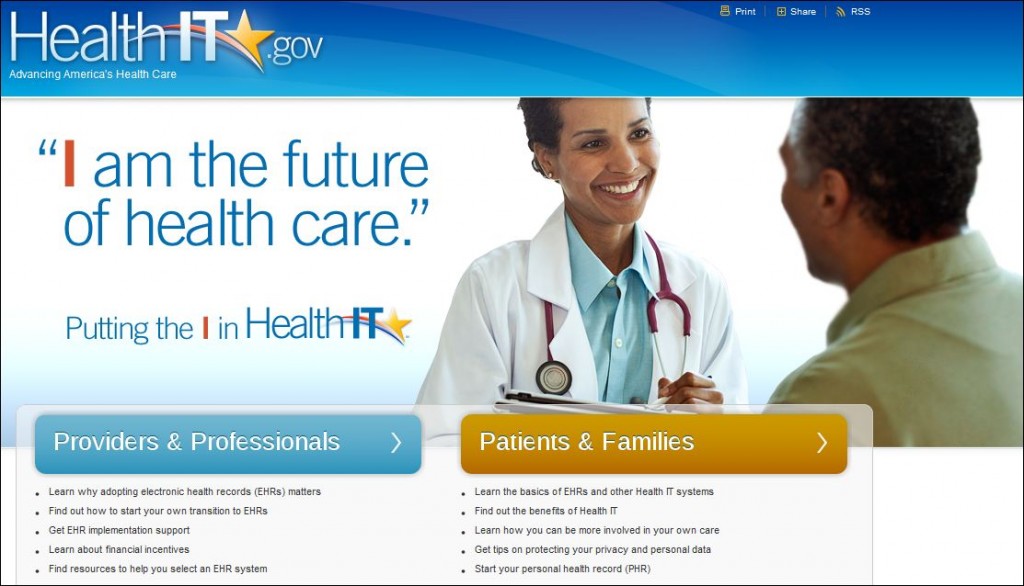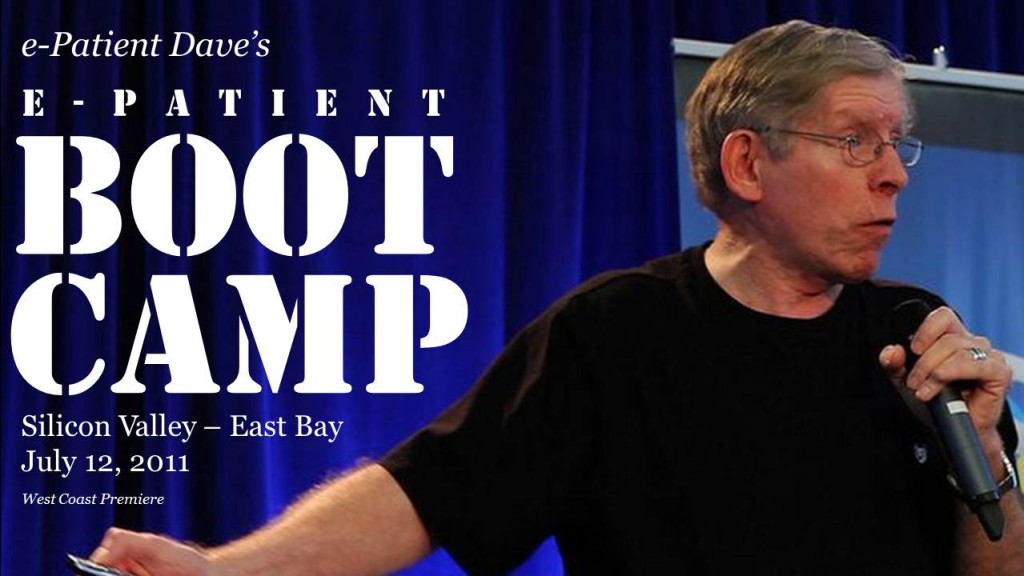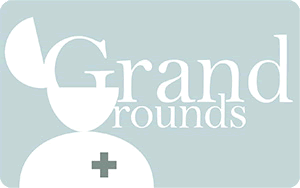Updating again on August 11 at the Los Angeles meeting.
Updated 7/22 – added several resources and these bullets on connecting. What was I thinking, not mentioning this?? Get social:
- Follow me on Twitter @ePatientDave
- If you want to friend me on Facebook, puh-leeze tell me where you came from – it’s ordinary social media etiquette.
_________
This week I attended the second in a series of four regional meetings being conducted by ONC*, reaching out to the Federally funded organizations that are making health IT a reality throughout the country. I was the Wednesday lunchtime keynote speaker. (What a time slot – there’s nothing like a “How I almost died” story at meal time! But the message came across, deeply. Great people, very dedicated!)
Here are links to resources I mentioned in my speech, and a few more:





